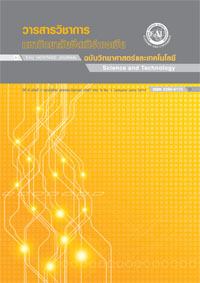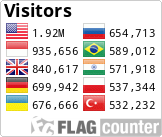ยุคสมัยของการประเมินผลและแนวคิดทฤษฎีของนักประเมิน
คำสำคัญ:
การประเมินผล, การประเมินซิปป์โมเดล, การประเมินแบบตอบสนอง, การประเมินเน้นการใช้ประโยชน์, การประเมินโดยใช้ทฤษฎีเป็นแรงขับ, การประเมินยุคที่ 4, Evaluation, CIPP Model, Responsive Evaluation, Utilization-Focused Evaluation (UFE), Theory -Driven Evaluationบทคัดย่อ
การประเมินผล (Evaluation) เป็นการวัดผลโดยเปรียบเทียบสิ่งที่ถูกประเมินกับเกณฑ์มาตรฐานทั้งนี้เพื่อ ตัดสินคุณค่า ผลประโยชน์ และความคุ้มค่าที่ได้รับจากสิ่งที่ถูกประเมินนั้น ยุคสมัยของการประเมินเริ่มตั้งแต่ก่อนปี ค.ศ. 1900 และมีพัฒนาการอย่างต่อเนื่องมาจนถึงปัจจุบัน ในแต่ละยุคของการประเมินมีแนวคิดทฤษฎีของนักประเมิน ที่สำคัญๆ ได้แก่ แนวคิดทางการประเมินของ Michael Scriven, การประเมินซิปป์โมเดลของ Daniel L. Stufflebeam, การประเมินแบบตอบสนองของ Robert Stake, การประเมินเน้นการใช้ประโยชน์ของ Michael Patton, การประเมิน โดยใช้ทฤษฎีเป็นแรงขับของ Huey T. Chen, การประเมินยุคที่ 4 ของ Guba & Lincoln เป็นต้น บทความนี้นำเสนอ ยุคสมัยของการประเมินและแนวคิดทฤษฎีของนักประเมินเพื่อนำไปสู่ความรู้ ความเข้าใจ เพื่อนำแนวคิดของนักทฤษฎี ไปใช้ในการประเมินผลต่างๆ ต่อไป
The Historical Development of Evaluation and Theorists’ Concept s
The evaluation includes measurement, compares evaluation objects with standard criteria, and compares value judgment about merit, worth, significance, and benefit of evaluation objects. The period of evaluation, is the period prior to 1900 and has been developed until the recent times. Each period of evaluation has evaluation theorists’ concepts such as an evaluation of Michael Scriven, The CIPP Model of Daniel L. Stufflebeam, Stake’ s responsive evaluation, Utilization-Focused Evaluation of Michael Patton, Theory-Driven Evaluation of Huey T. Chen, and Four Generation Evaluation Theory of Guba & Lincoln. This article presents the historical development of evaluation and theorists’ concepts for knowing, understanding and applying theorists’ concepts to others evaluation projects.







